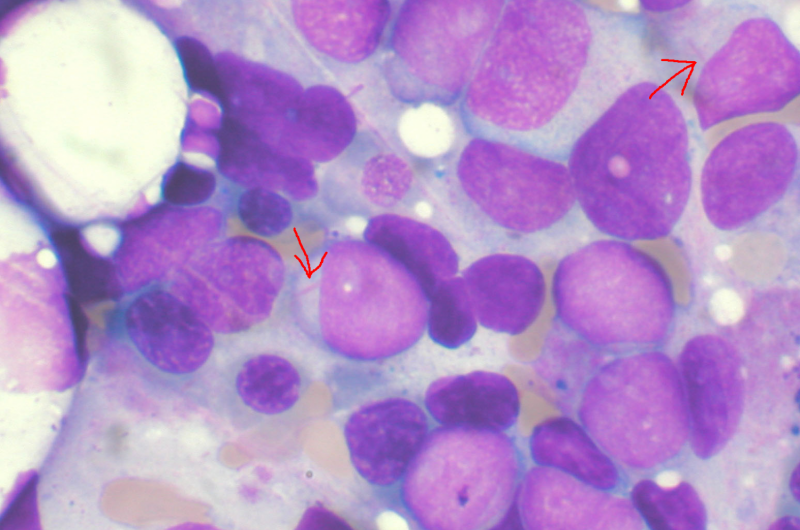
In a new study led by Yale Cancer Center, researchers have discovered a novel metabolic gatekeeper mechanism for leukemia. This mechanism depends on a molecule called PON2, which could lead to a new treatment for the disease. The findings were published online today in the Proceedings of the National Academy of Sciences (PNAS).
B cells are effector cells of the adaptive immune system and are marked by low energy levels, which prevent transformation to leukemia. In this study, Yale scientists identified high expression levels of the detoxifying lactonase PON2 in B-cell acute lymphoblastic leukemia (B-ALL) cells as an unexpected mechanism to facilitate the energy production to promote leukemic transformation. PON2 enables glucose-uptake activity of the glucose transporter 1 by releasing the transporter from its inhibitor, stomatin.
“PON2 was critical for glucose uptake and energy production and loss of PON2 prevented leukemia development,” said Markus Müschen, MD, Ph.D., Director of the Center of Molecular and Cellular Oncology and Arthur H. and Isabel Bunker Professor of Medicine (Hematology) at Yale Cancer Center and senior author of the study. “High levels of PON2 did not only predict poor outcomes of leukemia patients in clinical trials, but it also contributes to a more aggressive course of disease.”
Source: Read Full Article
